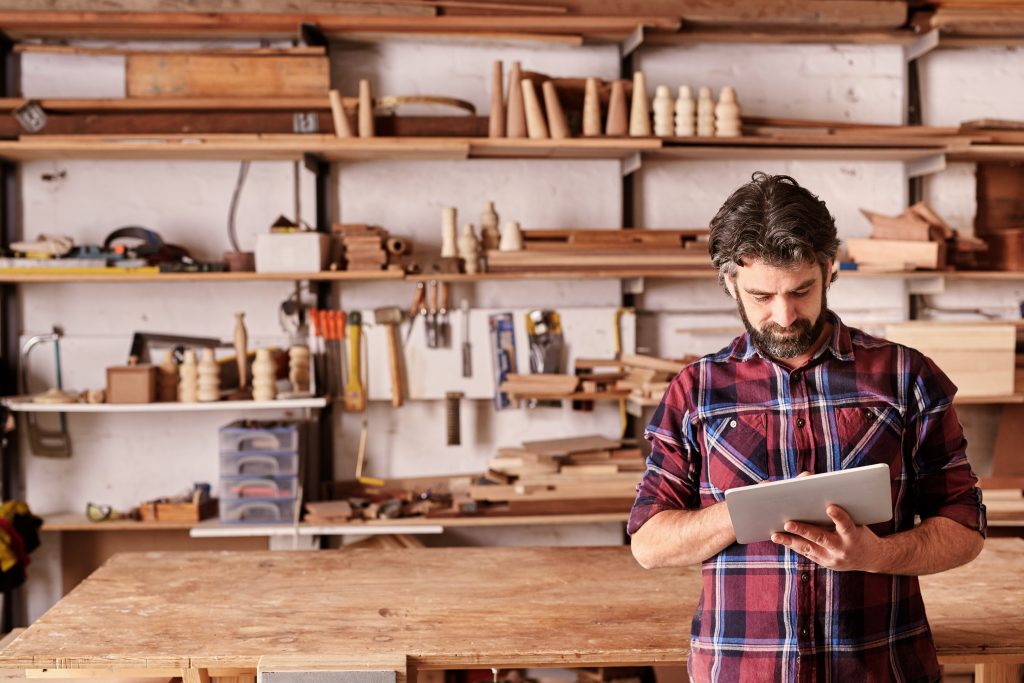For many people, woodworking is simply cutting big wooden boards into smaller pieces and assembling those smaller parts into something functional. For others, woodworking is an expression of creativity and emotion. In all honesty, it’s both.
Throughout ancient history until the modern era, every civilisation in the world has used wood to create useful and decorative objects. There are examples of woodworking by the ancient Egyptians, Romans, Greeks and the Chinese. Many cultures around the world also practised woodworking and employed various techniques and styles. Safer homes, stronger ships and beautiful trade objects crafted by woodworkers paved the way for prosperity in communities.
Today, woodworkers have the advantage of modern technology. The development of cheap plywood, the invention of tools and the discovery of electricity have allowed people to produce wooden pieces with incredible precision and speed. It’s also easy to find all the equipment and construction supplies needed for woodworking in major cities like Sydney and Melbourne.
From being a profession, woodworking has also morphed into a hobby for many. The activity helps people develop their sense of artistry while allowing them to learn practical and valuable life skills. For many people, this hobby also alleviates their daily stresses and contributes to their physical and mental well-being.
Woodworking’s Psychological Benefits
-
It’s a whole brain activity
Our brain has two sides. The right side is generally associated with emotions, sensory data and creativity while the left side is focused on logic, numbers and details. During woodworking projects, you utilise both sides of the brain.
You’re focused on creativity because you’re using your own personal artistry to design and finish a beautiful and intricate product. At the same time, you consider the types of cuts you’ll make and their exact measurements to ensure that everything fits together perfectly. You’re exercising different parts of your brain in just one activity.
-
It helps reduce feelings of frustration
If you’ve been feeling frustrated or unappreciated lately, especially in your career, woodworking can help you feel more accomplished. The activity helps enhance your self-esteem because you create pieces from scratch with your own hands. You’re completely in charge of the project and if the results come out beautiful, you will be praised by family and friends. At the end of the project, you will be able to relish the satisfaction of a job you completed yourself.
-
It alleviates stress
According to the experts at Harvard Medical School, creative activities can reduce stress and promote relaxation in people. While you can’t necessarily solve all your problems through woodworking, the activity gives you something else to focus your energy and creativity on. Pick up a nice piece of wood with beautiful and natural grain patterns, find a simple woodworking project you can complete in a few hours and let your cares and worries fade away.

Woodworking is a great hobby for people who want to develop their creativity and craft something functional that they can use around their home. The activity doesn’t only allow you to personalise furniture and decorative pieces, but it’s also beneficial for your mind and body.






